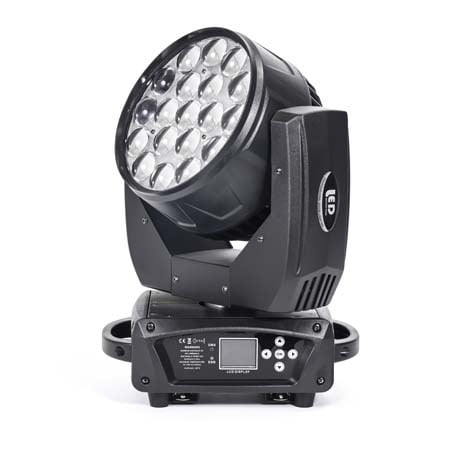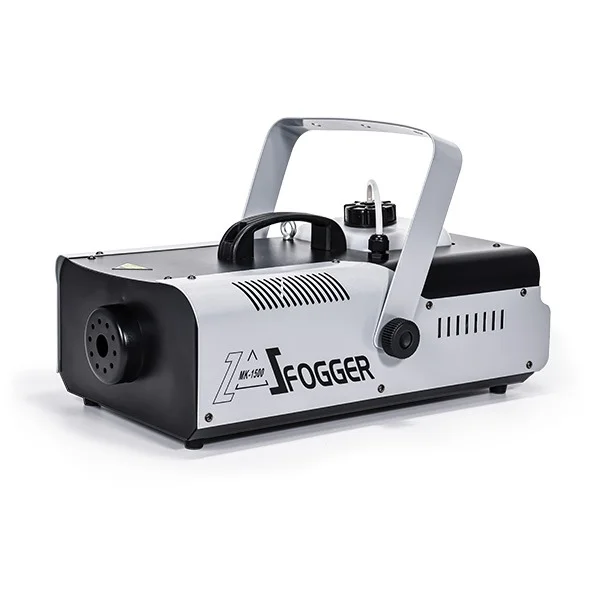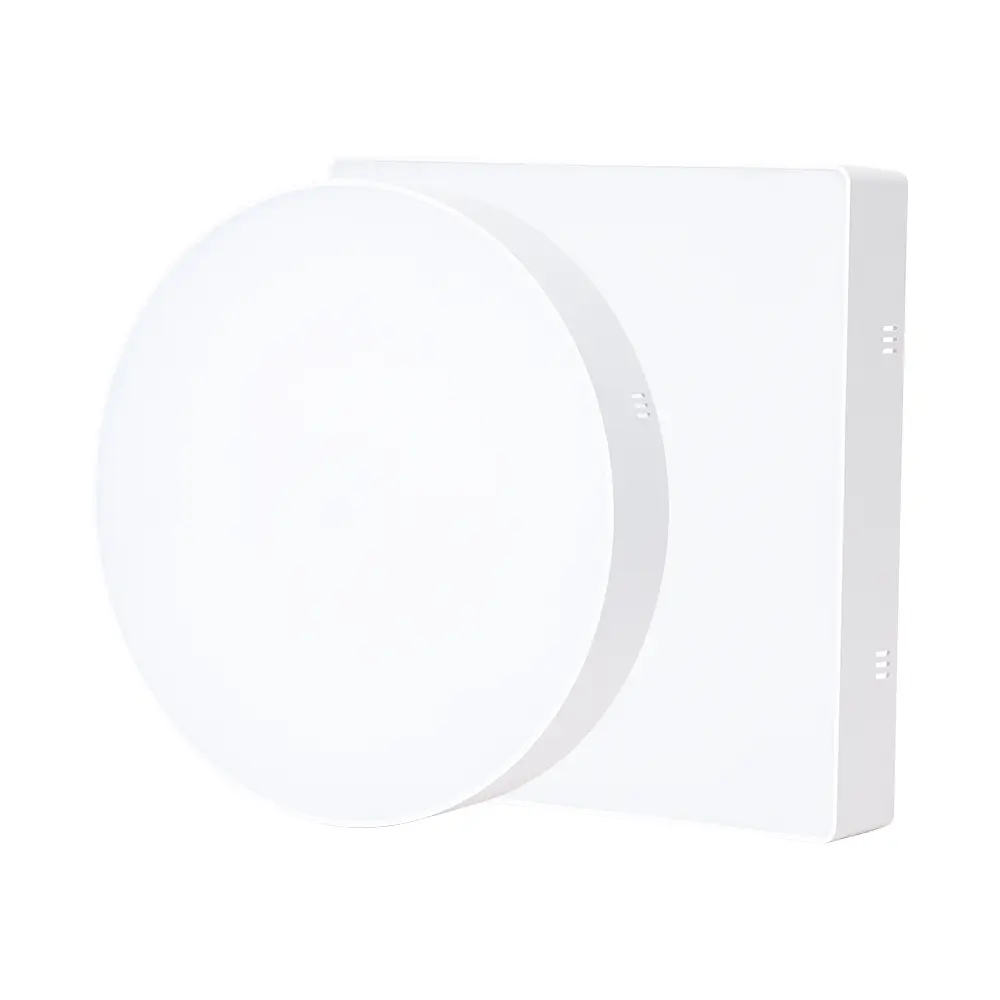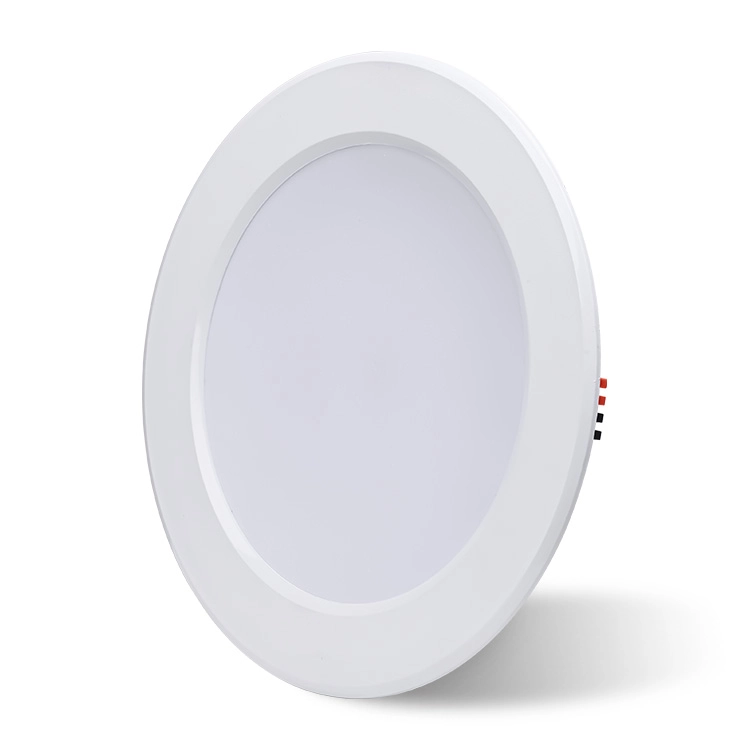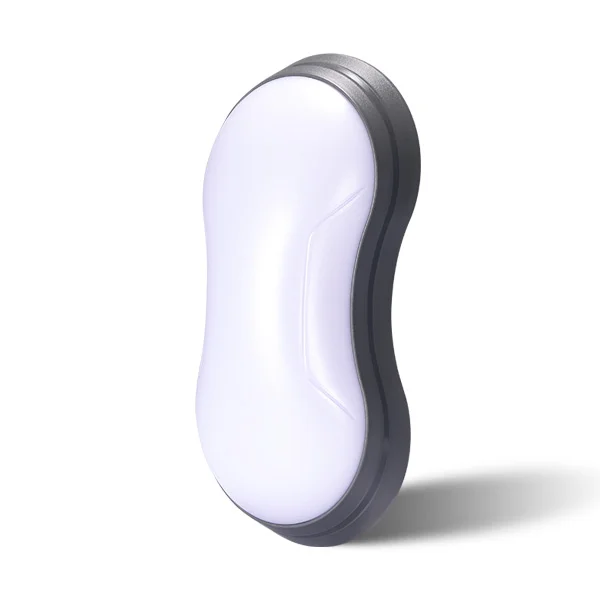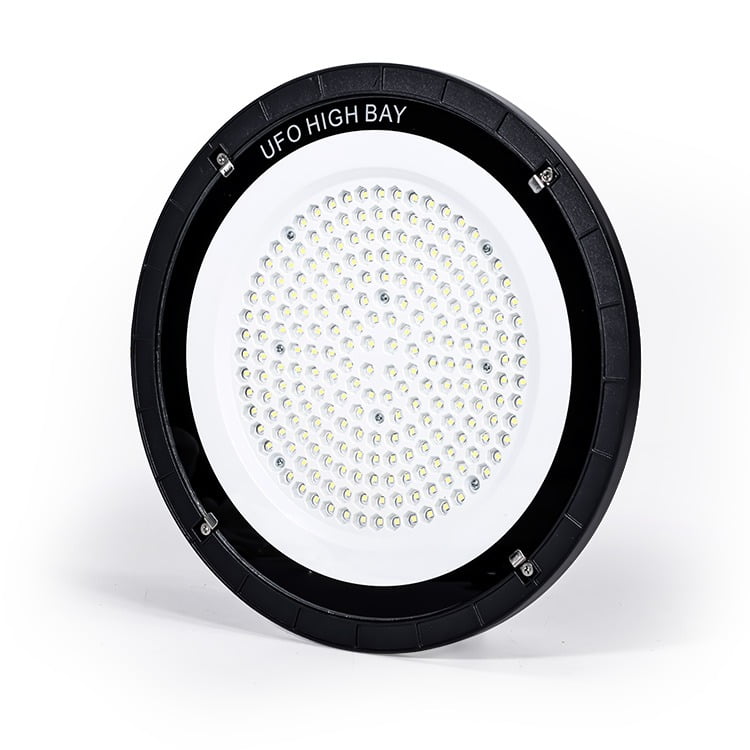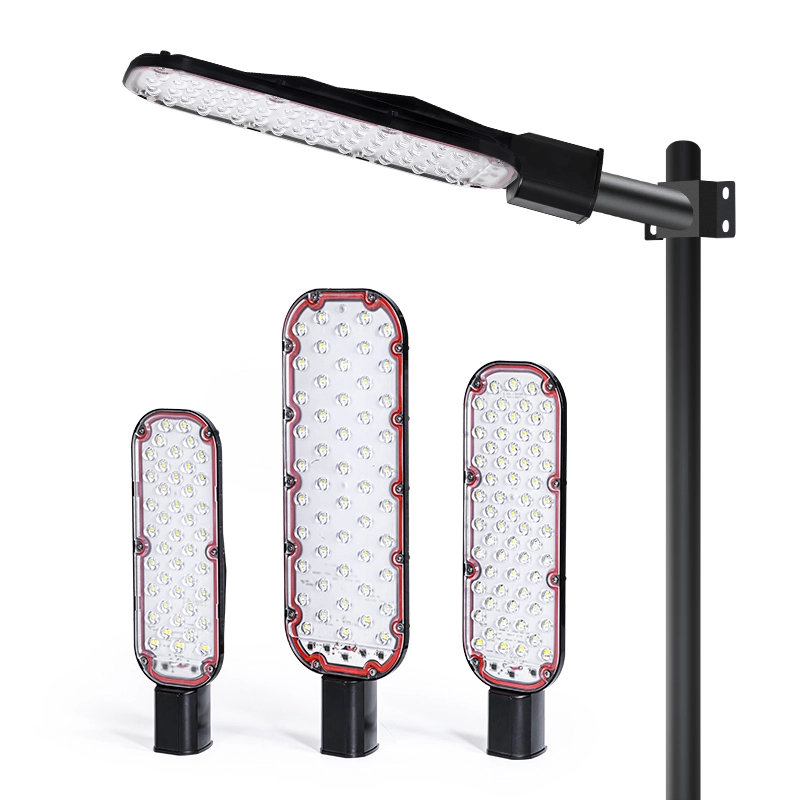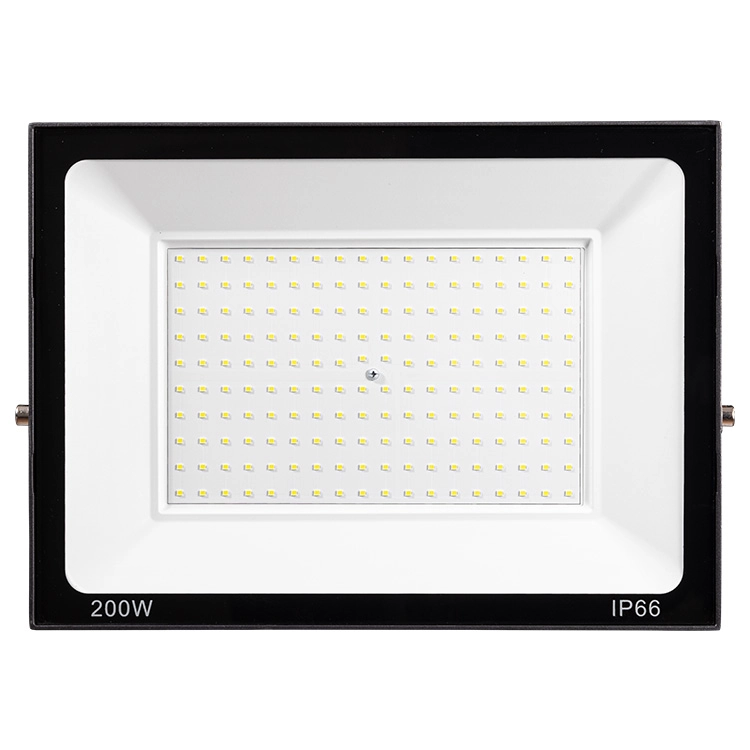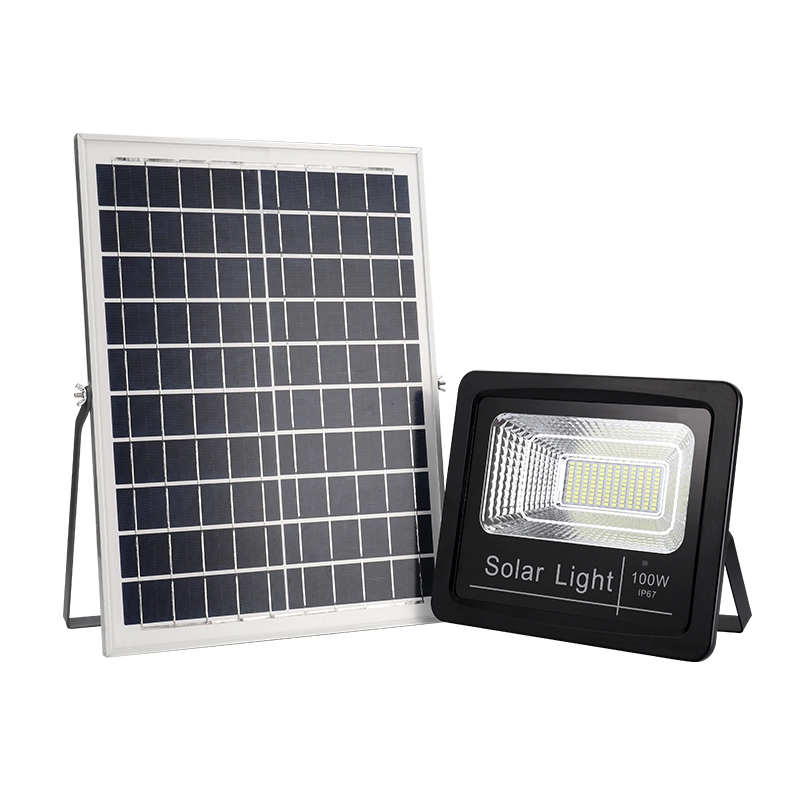Choosing the right stage lights can feel overwhelming—but it doesn’t have to be. Whether you’re lighting a church stage, school play, live band, or corporate event, the key is to understand what each type of light does and how it fits your goals. This guide will help you match the right fixtures to your space, your budget, and your event type.
What to Consider Before Choosing Stage Lights
Before buying or renting any fixtures, ask yourself:
Stage Size & Layout – Are you lighting a wide backdrop or a small platform?
Type of Event – Worship, drama, music, speaking engagement, etc.
Lighting Goals – Washes, key lighting, effects, flexibility?
Venue Limitations – Ceiling height, rigging points, electrical capacity?
Budget – Start with essentials and scale up.
Essential Types of Stage Lights You Should Know
LED PAR Lights
Provide soft washes or color fills
Great for background, uplighting, or atmosphere
Affordable and widely used
Profile Spotlights (ERS)

Sharp-edged, focused beam for people or objects
Often used as front light or for dramatic highlights
Can project gobos or patterns
Fresnel Lights

Soft-edge beams with adjustable focus
Ideal for side light, back light, or scenic fill
Blend well with other light sources
Moving Head Lights
Can tilt, pan, change color, and zoom
Types: Beam, Spot, Wash, Hybrid
Common for concerts, DJs, large events
LED Strip or Wall Wash

Used to color large vertical surfaces
Add visual depth and tone to the stage
Strobe Lights / Laser Effects
Create movement or rhythm effects
Best used in moderation for dynamic moments
Follow Spot

Controlled manually to highlight speakers or performers
Useful in live events or large venues
DMX Lighting Controller
Essential for coordinating lights in scenes
Enables programming, syncing, and live adjustments
Best Stage Lights by Event Type
Church or House of Worship
Recommended: LED PAR + Profile Spot + Fresnel
Create a warm, balanced mix of ambiance and speaker focus
Theater or Drama Performance
Recommended: Profile Spot + Fresnel + DMX Controller
Prioritize control and beam shaping for storytelling and focus
Concert or Band Performance
Recommended: Moving Head + Strobe + LED PAR
Emphasize energy, color dynamics, and movement
DJ Set or Nightclub
Recommended: Moving Beam + Laser Effect + LED Strip
Create high-impact visuals, beam sweeps, and fast-paced lighting
Corporate Event or Speaking Engagement

Recommended: Profile Spot + Soft Wash + Wall Wash
Highlight speakers and brand visuals in a clean, professional look
School Stage or Small Venue

Recommended: LED PAR + Fresnel
Budget-friendly essentials for basic front and background lighting
Basic Lighting Layout by Stage Size
Below is a general recommendation based on common stage sizes. Adjust based on ceiling height, number of zones, and your lighting goals.
| Stage Size | Recommended Fixture Count | Suggested Fixture Types |
|---|---|---|
| Small (≤ 5m wide) | 4–6 lights | 2 LED PARs, 2 Profile Spots, 1–2 Fresnels |
| Medium (6–10m wide) | 6–10 lights | 4 LED PARs, 2–3 Profile Spots, 2 Fresnels |
| Large (10m+ wide) | 10+ lights | 6+ LED PARs, 4+ Profiles, Fresnels, Moving Heads |
Use this layout as a starting point and tailor it to your specific venue size, rigging space, and production complexity.
Mistakes to Avoid When Choosing Stage Lights
Buying too many light types without a plan
Using all the same fixtures (no layering)
Ignoring background and scenic lighting
Forgetting control and power distribution
FAQ
What’s the minimum number of lights I need?
It depends, but 4–6 lights is a great starting point for most small stages.
Do I need moving heads for a small stage?
Not necessarily. They’re powerful, but static fixtures can do the job well for many events.
Can I use PAR lights for everything?
Not ideal. They’re great for washes but not for precise focus or effects.
What’s better—LED or halogen?
LED is more energy-efficient, lasts longer, and offers color options. Halogen is fading out.
Final Thoughts
There’s no one-size-fits-all lighting rig. The best setup is the one that meets your space and event goals. Learn the basics, start with essentials, and build from there.
Need help designing your lighting system? Contact our team for a personalized recommendation.


